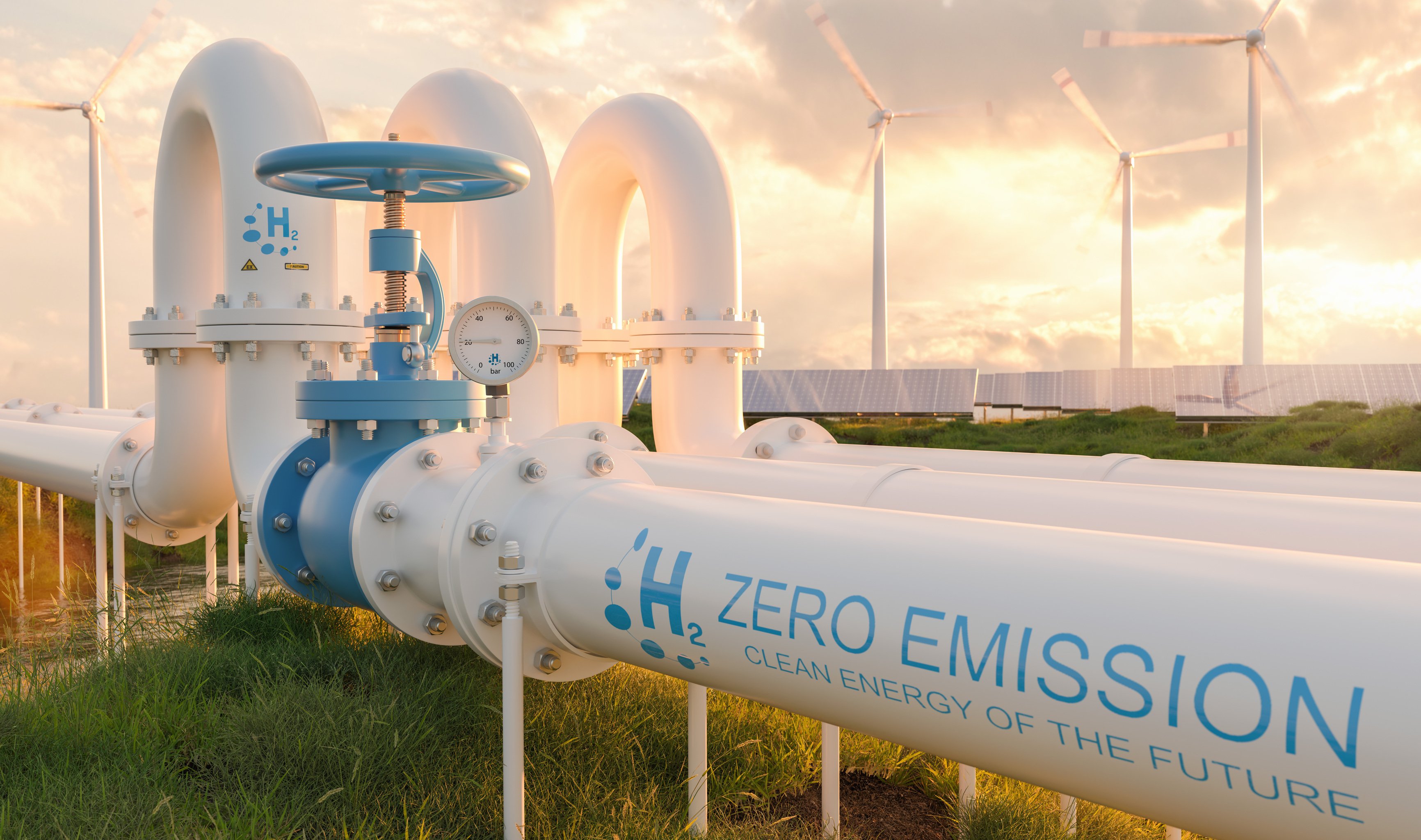Saudi Arabia’s Ambitious Green Energy Plans
Saudi Arabia aims to revolutionize the green hydrogen sector with a substantial investment of at least $10 billion. This initiative by the Public Investment Fund emerges during a challenging period for the industry, marked by project cancellations and adjustments. As global focus shifts to sustainable energy, Saudi Arabia’s commitment could significantly alter the energy landscape.
Industry Challenges
The green hydrogen industry is hindered by high production costs, making it difficult to adopt on a large scale. Unlike cheaper natural gas-based hydrogen, the economic barriers are significant. This has led companies like Emirati Masdar to delay production targets, while Australia’s Fortescue scaled back its ambitions, acknowledging previous goals were unrealistic.
Saudi Arabia’s Strategic Initiatives
Undeterred by these challenges, Saudi Arabia is strategically positioning itself as a leader in green hydrogen. A new plant, expected to be operational by 2026, is a key part of this strategy, aiming to diversify the economy and reduce oil dependency. The project has secured financial backing from 23 banks, demonstrating confidence in Saudi Arabia’s approach.
The Importance of Subsidies
For green hydrogen to compete with less environmentally friendly energy sources, alignment with regulators and suppliers is crucial. State subsidies could help offset high production costs, making green hydrogen more competitive. This financial support is part of the ongoing economic and political dialogue surrounding the industry.
Global Market Uncertainty
Despite Saudi Arabia’s efforts, the global market for green hydrogen remains uncertain. The lack of demand is illustrated by German utility Uniper’s decision to pause a $10 billion investment. Overcoming these demand-side challenges and reducing production costs through technological advances are essential for green hydrogen to become a global commodity.
Saudi Arabia’s Potential Advantage
Saudi Arabia’s abundant solar energy and strategic financial support could provide a competitive edge, potentially lowering production costs. Success in these efforts might set a precedent for other countries, encouraging further investment and innovation in the green hydrogen sector.









